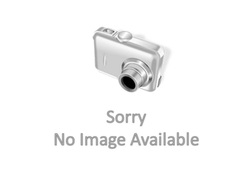


“If you got this thing from one your friends, you might think it is safe.

So, it really is like a Trojan horse, in that there is this beautiful horse, but who knows what’s inside?” Virus scanners can find some problems, but not all the problems. “The problem is that there is no effective way of looking inside an executable to know what’s in there. “There is no full-proof way to know that an executable is safe,” said Felten. Felix isn’t exactly a dancing pig, but it comes as an executable file. “Given the choice between dancing pigs and security, users will pick dancing pigs every time,” Felten said. MessageMates such as Felix have a more limited time-frame, although users can relaunch them as many times as they wish.Īt about the same time that Felix the cat was romping across my colleagues’ screens, I stumbled upon a quote from Ed Felten, who works at Princeton University’s Secure Internet Programming Lab, where scientists look for flaws in computer code and software. Harris wouldn’t say too much about what makes Felix and other MessageMates tick, only describing them as “desktop marketing tools.” The company also makes what they call “ScreenMates,” which tend to have longer screen lives and work in a way that is similar to a screensaver - once they’re launched, they “live” on the user’s screen for as long as the user wishes. But, after watching Felix’s antics, it’s easy to see how and why he made it across the Atlantic Ocean, far from the shops and stores where the cat food he promotes can be bought. He’s an appealing, eye-catching animation that may change the way we think about advertising.Īccording to Eve Harris, a spokeswoman for AdTools, Felix was created to promote a brand of cat food sold in the United Kingdom and Europe.

The desktop feline is part of a new breed of advertising being made possible by the Internet. Felix looks like a real black-and-white tabby, minus the oversized eyes of the other Felix, the cartoon cat made famous by the comic strip.


 0 kommentar(er)
0 kommentar(er)
